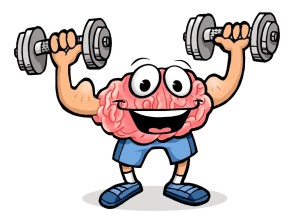Exercise is a type of physical movement that’s planned and structured. Physical movement simply means movement of the body that uses energy. Resting, walking, running, dancing, swimming, yoga, and gardening are a few examples of physical activity. For health benefits, physical movement should be moderate or energetic intensity.
Moderate physical movement include:
- Walking briskly
- Bicycling
- General gardening (raking, trimming shrubs)
- Dancing
- Golf (walking and carrying clubs)
- Water aerobics
- Canoeing
- Tennis
Energetic physical movement include:
- Running/jogging (5 miles per hour)
- Walking very fast
- Bicycling (more than 10 miles per hour)
- Heavy yard work, such as chopping wood
- Swimming (freestyle laps)
- Aerobics
Benefits of Exercise:
- Exercise controls weight
- Helps protect from developing certain cancers, including colon and breast cancer, and possibly lung and endometrial (uterine lining) cancer
- Reduces the risk of falling and improves cognitive function among older adults
- Exercise Prevent weight gain, support weight loss (when combined with a lowercalorie diet), and helps keep weight off after weight loss.
- Exercise promotes better sleep
- Help in relaxation and reduced stress.



